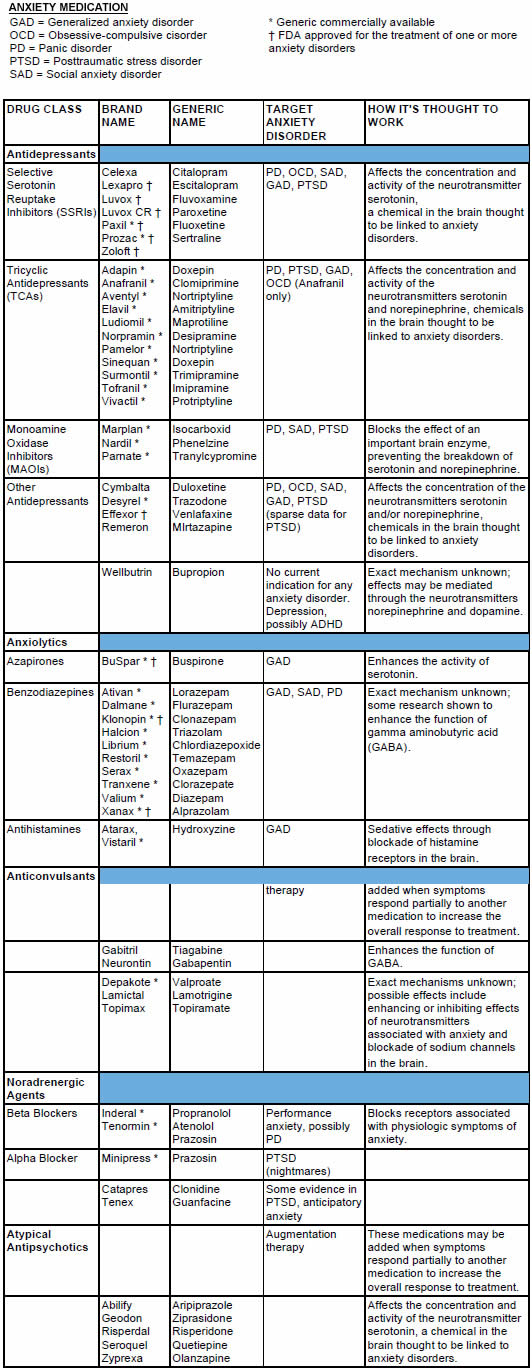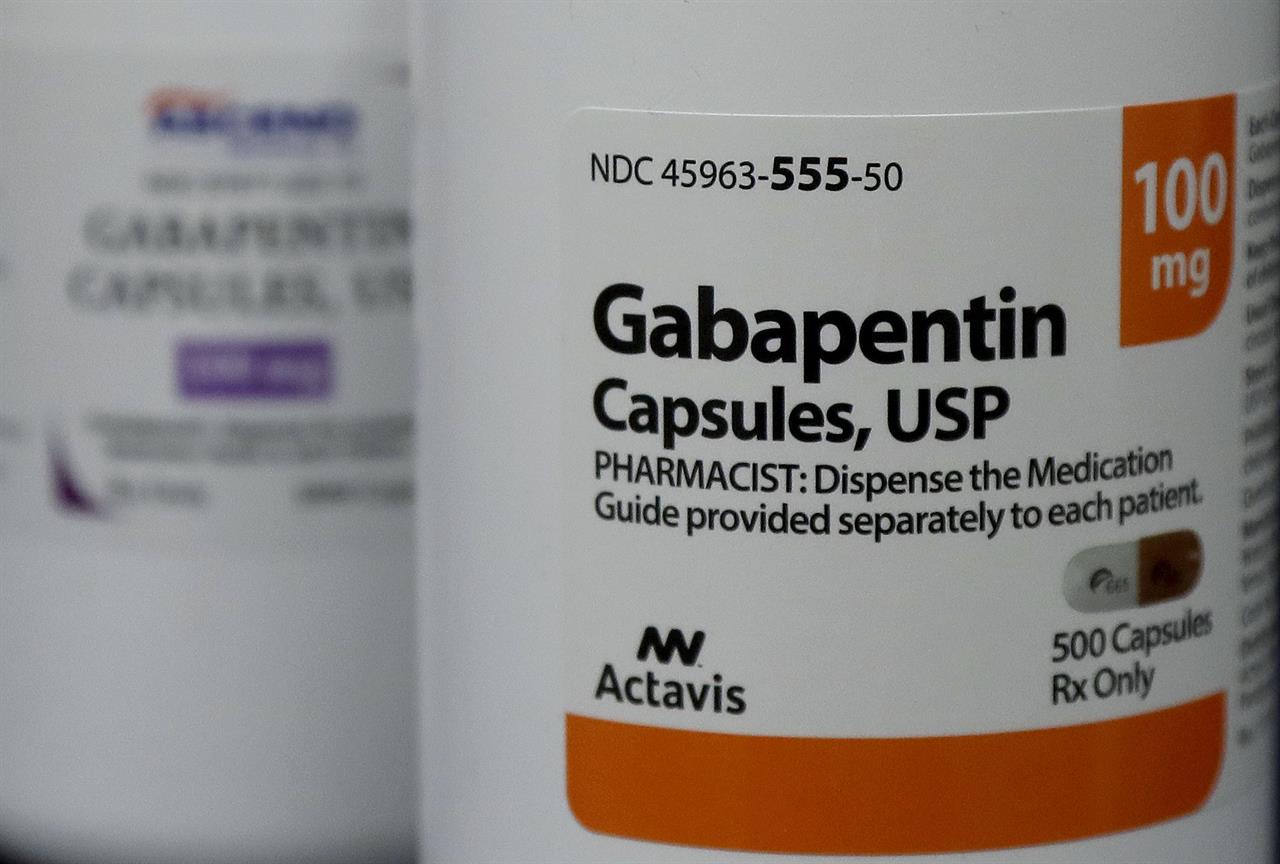
If you suddenly stop taking an SSRI, you may experience the following symptoms, typically over the course of several weeks: This is referred to as antidepressant discontinuation syndrome.Īntidepressant discontinuation syndrome affects approximately 20 percent of people who stop using antidepressants abruptly. While SSRIs generally aren’t as likely to cause dependence as benzodiazepines, some people may experience withdrawal symptoms if they stop using SSRIs suddenly, according to an article published in the Canadian Medical Association Journal. They may be able to suggest a different medication that’s better suited to you. If you experience persistent side effects after using an SSRI for several months, it’s best to talk to your healthcare provider. Many side effects from SSRIs develop during the first few weeks of treatment. For example, according to an article published in The Mental Health Clinician, some SSRIs, such as paroxetine (Paxil), are more likely to cause sexual side effects than others. Your risk of experiencing side effects can vary based on a range of factors, including the specific type of SSRI you’re prescribed.
#Best prescription medication for anxiety and insomnia full#
We’ve provided more information about the sexual side effects listed above in our full guide to antidepressants and sexual side effects. While SSRIs have a lower risk of causing side effects than many older antidepressants, some people who use SSRIs will experience side effects after starting treatment.Īccording to an article published in the Journal of Clinical Psychology, common side effects of SSRIs include: Side effects are quite common with antidepressants.

The second is that they can, for some people, cause physical dependence and withdrawal symptoms. The first is that they can often cause side effects, ranging from mild to severe. Like other medications used to treat anxiety, SSRIs do have certain downsides. Used appropriately, many SSRIs can reduce the severity of anxiety symptoms and make it easier to live with an anxiety disorder. Instead, you’ll typically need to use this kind of medication for four to six weeks before you notice any improvement in your symptoms. Unlike benzodiazepines, SSRIs don’t start treating anxiety immediately. Of these, the biggest is that they have a significantly lower risk of dependency and abuse, according to an article published in the journal, StatPearls.Ĭommon SSRIs used to treat anxiety include citalopram (sold under the brand name Celexa®), Fluvoxamine (Luvox®), fluoxetine (Prozac®), sertraline (Zoloft®), escitalopram (Lexapro®) and paroxetine (Paxil®). SSRIs offer a number of benefits over benzodiazepines. Read our article on anxiety vs depression if you need clarification on their key differences. Additionally, SSRIs are sometimes prescribed as a treatment option for obsessive-compulsive disorder ( OCD). In addition to treating depression, some SSRIs are also commonly used to provide relief from the symptoms of anxiety. Selective serotonin reuptake inhibitors, or SSRIs, are a class of antidepressants. Selective Serotonin Reuptake Inhibitors (SSRIs) For better results, your healthcare provider may suggest psychotherapy or encourage you to make certain changes to your lifestyle.

If you have an anxiety disorder, medication alone may not be enough to help you bring your symptoms under control. While anti-anxiety drugs are safe for most people, some can cause dependence and withdrawal symptoms when used over a long period of time or abused. Instead, anti-anxiety medications provide relief from the symptoms of anxiety, allowing you to focus on living a normal life.

Numerous common anxiety medications are used to treat anxiety disorders, including benzodiazepines, selective serotonin reuptake inhibitors (SSRIs), beta-blockers, monoamine oxidase inhibitors (MAOIs), and tricyclic medications. Your healthcare provider will choose an anxiety medication that’s right for you. There are several different anxiety disorders, each with different symptoms.


 0 kommentar(er)
0 kommentar(er)
